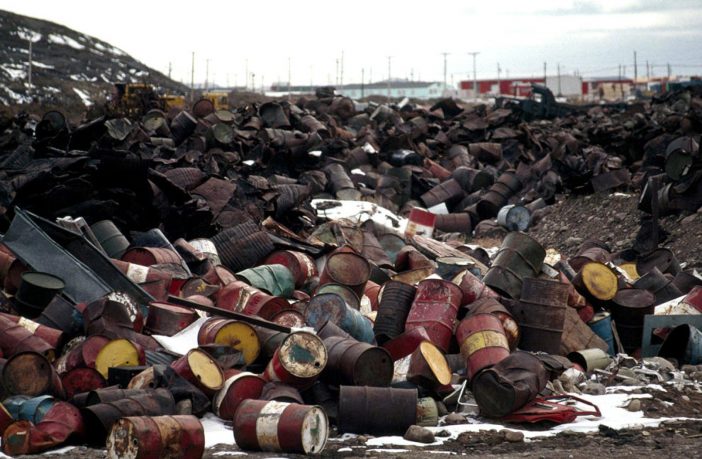- Local legislation, as of 23 August, bans all liquid waste from landfill – signalling a massive shift in South African waste legislation and placing significant importance on the effective management of such waste by waste producers and the waste industry alike.
Over the past several years, new legislation has been developed to improve the disposal of waste to landfill in South Africa, and encourage the waste industry to seek alternative and sustainable solutions.
Kate Stubbs, the director of business development and marketing at Interwaste, noted: “One of the most recent significant developments has been the Department of Environment, Forestry and Fisheries (DEFF) placing a ban on all forms of liquid waste, as well as hazardous waste with a calorific value of >20MJ/kg from landfill disposal effective as of 23August 2019.”
Stubbs added: “And, with additional waste streams shifting towards this prohibition on an annual basis, it becomes essential that our industry not only embraces these legislations, but also takes the necessary steps to comply.
“These prohibitions not only seek for opportunities for alternative and more sustainable waste management solutions but create a more efficient waste economy in South Africa.”
New liquid waste regulations
Previous regulations state that hazardous liquid waste with high calorific values >20MJ/kg – such as refinery waste, chemical processed paint waste, hydrocarbon contaminated liquids, sludges and chemical solvents ought to have been progressively banned from landfills as from August 2017.
However, today all liquid wastes will be banned from landfill, as well as reactive wastes, recyclable waste oils, whole waste tyres, lamps, lead-acid batteries, and waste with a calorific value >20MJ/kg, amongst others.
Section 5 (1) (a – u), as well as Section 5 (2) (a – c), of the National Norms and Standards for the Disposal of Waste to Landfill (GN R 636 of 23 August 2013) provides for a non-exhaustive list of waste types that are prohibited from disposal to landfill in South Africa.
Stubbs highlighted that these prohibitions and restrictions are indicative of government’s increasing focus to drive the diversion of waste from landfill through reasonable legislation and other means.
Encouraging innovation
“To best manage these new regulations, it is central for waste producers to understand that not only is there ample room for new innovation in this space but currently, there are successful innovations already in practice that are driving legislative compliance,” continued Stubbs.
Currently, solutions exist for hazardous liquid waste to be repurposed into an alternative fuel source for energy production.
Furthermore, there is an opportunity to start looking at some of these liquid waste streams as valuable resources that can be used to add value into our economy – reducing our dependence of fossil fuels and be used to re-create alternative products with value.
“While many businesses may not yet have prepared for this new legislative framework, there are already available solutions targeted towards complying with this new legislation,” she added.
Stubbs said her company has spent much time considering and planning for the impact of pending and potential legislation, ahead of implementation, to ensure that it is prepared and have developed sustainable solutions for their clients that meet the very needs of sound compliance.
“We have also developed significant capacity over the years for the treatment, recycling and/or recovery of qualifying wastes at our licensed waste management facilities through the recycling of qualifying liquid and hazardous sludge wastes (with CV > 20MJ/kg) through our waste blending platform in Germiston, Gauteng which produces a waste-derived fuel (WDF) for use as an industrial fuel,” she stated.
In conclusion, Stubbs said: “As government aims towards a circular economy and improving our environmental standards as a country, there will no doubt be further stringent legislation down the line and as such, it is up to us as waste companies to take a proactive approach by seeking relevant investment and technology development opportunities for alternative waste disposal solutions to not only meet legislative requirements but, very importantly, find solutions that are commercially viable and provide the producer with environmentally sound alternatives.”
Author: Babalwa Bungane
This article was originally published on ESI Africa and is republished with permission with minor editorial changes.











